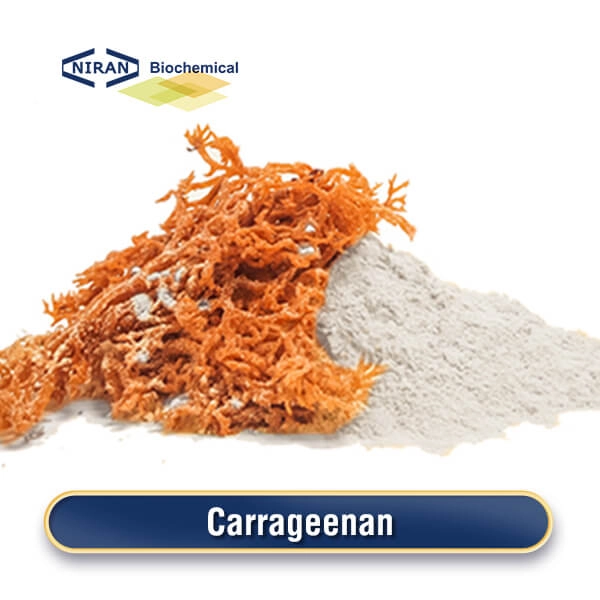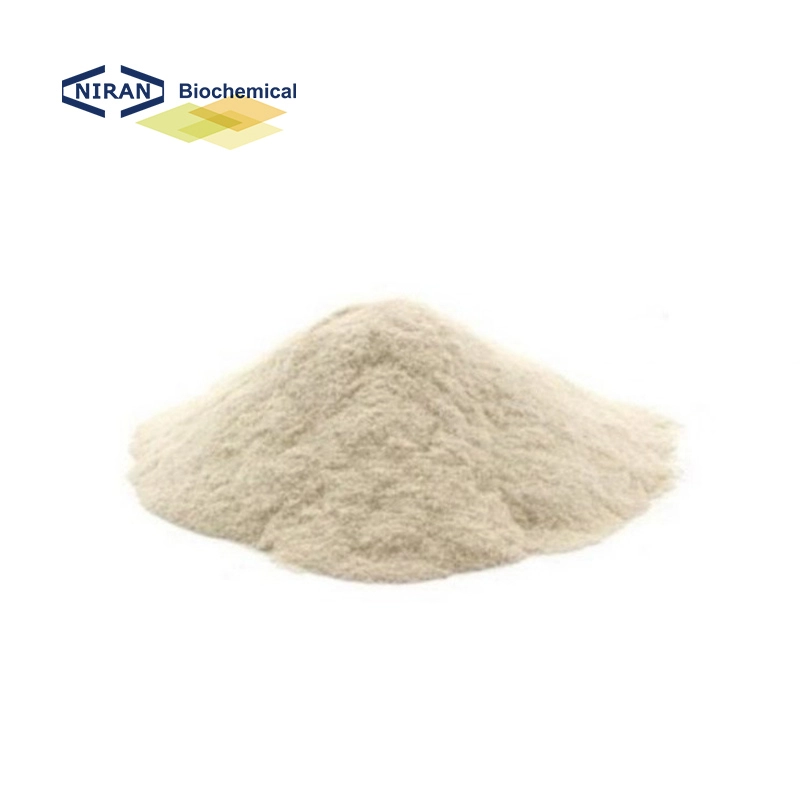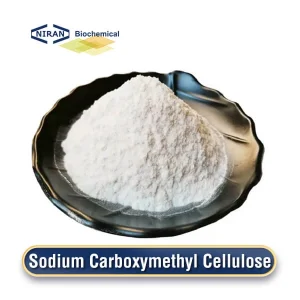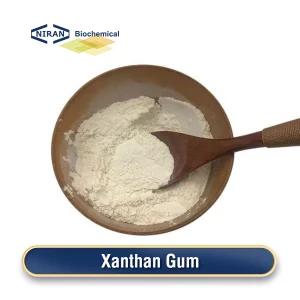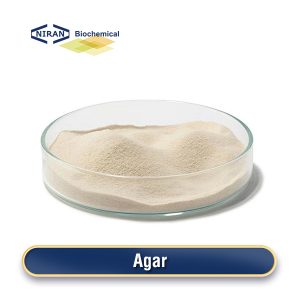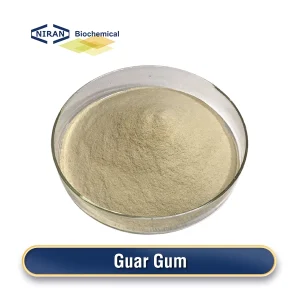What is Carrageenan ?
Red algal seaweed is the source of the hydrophilic colloid known as carrageenan. It has the appearance of powder or granules that are white or light brown, odorless or faintly scented. It can be widely utilized in the food sector as a coagulant, thickener or stabilizer.
The preparation of carrageenan mainly involves washing and drying the seaweed, putting it into an extraction pot, adding 30 to 50 times water (or an appropriate amount of alkali solution), heating it with steam (about 100°C) for 40 to 60 minutes, filtering, adding alcohol solvents to the filtered extract while stirring, centrifuging, and precipitating it through drum drying and crushing to obtain the product.
When drum drying, mono- or di-glycerides or polysorbates need to be added as drum release agents.
Recommended dosage:
| Food name | Maximum usage(g/kg) |
| Dairy products | 0.3-1.0 g/kg |
| Meat products | 0.5-1.5 g/kg |
| Jelly and pudding | 3.0-10.0 g/kg |
| Candy | 1.0-3.0 g/kg |
| Canned food | 0.5-1.0 g/kg |
| Beverages | 0.1-0.5 g/kg |
| Bakery products | 0.1-0.5 g/kg |
| Sauces and condiments | 0.2-0.5 g/kg |
| Ice cream and frozen desserts | 0.1-0.4 g/kg |
| Plant milk | 0.1-0.3 g/kg |
| Whey protein beverages | 0.1-0.3 g/kg |
| Fermented dairy products | 0.2-0.4 g/kg |
Carrageenan has a wide range of uses
1. Thickening effect: Carrageenan can significantly increase the viscosity of liquids, giving products a thicker texture and richer taste. This thickening effect is particularly suitable for dairy products, beverages and condiments, such as chocolate milk, salad dressing, etc., to ensure that the product maintains a consistent viscosity and texture during processing and consumption.
2 Gelling effect: Carrageenan can form firm or soft gels under appropriate conditions, providing different texture effects according to different needs. Lambda carrageenan is mostly employed as a thickener, while kappa carrageenan forms a hard gel and Irish carrageenan forms a soft gel. It is widely used in desserts such as jelly, pudding and soft candy to provide an ideal gel texture and appearance.
3. Suspension effect: Carrageenan can effectively suspend solid particles in beverages to prevent them from settling, ensuring uniform distribution and stability of beverages during shelf life. This feature makes it particularly suitable for fruit juice drinks, milk drinks, etc., to maintain the visual appeal and taste consistency of the product.
4. Stabilizing effect: Carrageenan has excellent stability in high temperature and acidic environments, and can maintain its thickening and gelling effects during processing and storage. Whether in acidic foods such as yogurt or in canned and baked products processed at high temperatures, carrageenan can provide long-lasting stabilization to ensure product quality and consistency.
5. Emulsifying effect: Carrageenan helps to evenly disperse and stabilize fats, prevent oil separation, and maintain product uniformity and texture. This makes it an ideal additive for emulsified foods such as margarine, ice cream, and sauces, ensuring that the final product has a good taste and visual effect.
6. Water retention effect: Carrageenan can effectively retain moisture in food, prevent drying and aging, and thus extend the shelf life of the product. This feature is widely used in meat products, fish paste products, and flour products to ensure that the product maintains good texture and freshness during storage and processing.
User asked question:
Q: Why does carrageenan cause inflammation?
A: Carrageenan may cause inflammation in high doses or long-term intake, which is related to its potential impact on the intestine. Some studies have shown that carrageenan may change the intestinal microbiota, directly stimulate intestinal epithelial cells, activate the immune system, trigger the release of inflammatory mediators, and lead to inflammatory responses.
In addition, carrageenan that has not been fully processed may increase the risk of inflammation when consumed in high doses.

